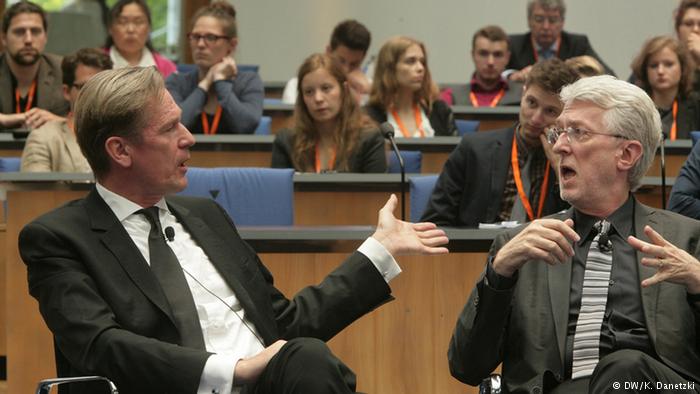Aug 2, 2014
Buenos Aires new lighting can be monitored and controlled from a browser
Posted by Seb in categories: information science, internet
By Stu Robarts — gizmag

LED lighting offers a host of benefits for cities, such as reduced energy usage and costs. For Buenos Aires, which is in the process of having its lighting infrastructure upgraded, one of the benefits is the increased level of control it provides. Gizmag took a look at technology being used.
It was announced towards the end of last year that Philips had been selected to replace 91,000 street lights across Buenos Aires with LED lighting. That’s more than 70 percent of the city’s lighting. Philips says that it is the biggest city deployment of its kind. A total of 28,000 lights have now been replaced and are already being controlled remotely.
















